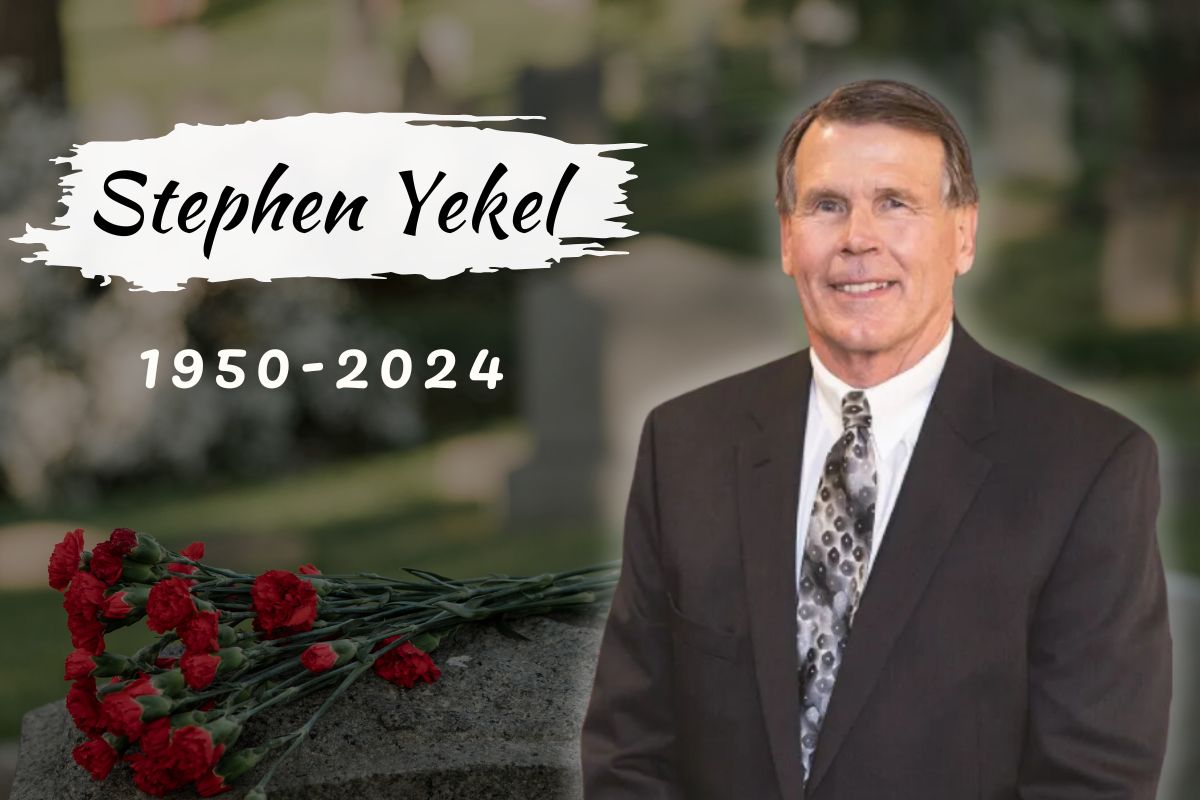Do you follow a personal budget? If you don’t, you should try your best to change that as soon as possible. A personal budget can help you organize and manage your expenses throughout the month and keep you from spending beyond your means.
Before you download a personal budgeting app and put together your first-ever budget, you should learn these basic budgeting terms below. They should help you understand the budgeting process a little better.
Net Income
Net income is another way to say your “take-home pay.” These are the earnings that are deposited into your checking account after your workplace has made necessary deductions for taxes and benefits plans. You will need to know your exact net income to build your budget. It’s what you will have to subtract your monthly expenses from.
If you are self-employed, you will receive your income without automatic deductions for taxes and benefits plans. So, you will need to calculate these deduction amounts and subtract them from your income total before you do any budget planning. Put those deductions into your savings account as soon as possible. This will help you be prepared to cover your tax payments.
If you don’t make these deductions early on, you could accidentally spend too much of your income and come up short when your tax deadline arrives. You can go to the IRS self-employed individuals tax center to get more advice on payments.
Needs
When you’re divvying up your income in your budget, you should prioritize your needs first. Needs are a term that often means “essential expenses.” They are expenses that you need to cover for the sake of your general survival and well-being. These are some common needs that you should include in your budgeting categories:
- Housing (mortgage payments or rent payments)
- Utility bills (electricity, gas, internet, etc.)
- Food
- Transportation (especially if you need transportation to get to your place of work)
“Needs” can also be expenses that help you maintain financial stability and avoid financial issues in the future. One example of this is health insurance. Without any health insurance whatsoever, you could go into serious medical debt if you ever need to get medical treatment. Or you could put your health at risk by avoiding medical treatment due to the overwhelming costs without coverage. A good health insurance plan can help you stay healthy and minimize medical debt.
Another example of a need that can help you maintain financial stability is an emergency fund. Without an emergency fund, you might not be able to afford an urgent, unplanned expense that crops up. In that case, you might need to find a different solution for handling the expense. You could go to a website like CreditFresh and check to see whether you meet the right requirements to submit a request for a personal loan there. If you do, you can fill out your application for the personal loan quickly. It could take you less than 10 minutes.
With a personal loan, you could cover an emergency expense in a short amount of time. When that’s done, you’ll need to follow a repayment plan. Loan repayments can also be considered a “need” in your budget. After all, you shouldn’t ignore outstanding loan repayments.
Wants
Wants are the opposite of “needs.” They are non-essential expenses that you’d like to have in your life, but you can afford to miss out on.
For instance, a vacation is a good example of a want. While a vacation brings many benefits, like relaxation and good memories, it’s not essential to your survival or financial stability. So, if your budget is tight, you shouldn’t try to book a stay at a tropical resort any time soon. It’s not necessary or financially savvy.
You should only include your wants in your budget when your needs are taken care of.
Fixed Expenses
A fixed expense is an expense that is the same every single month. An example of a fixed expense is a monthly online streaming subscription. The subscription fee should remain the same, as long as the provider doesn’t announce a customer-wide increase.
Fixed expenses are easy to calculate and track in your budget.
Variable Expenses
A variable expense is a type of expense that has the capacity to change. One example of this type of expense is “Food.” Your grocery bill may be slightly different every time you go shopping. Your food spending can also increase because of factors that are outside of your control like rising grocery prices.
You will have to estimate how much you can afford to spend on variable expenses every month since there is no fixed amount. Track your spending throughout the month to see whether that estimate is a good fit.
These terms should make building your first budget a breeze. Get started now!
















